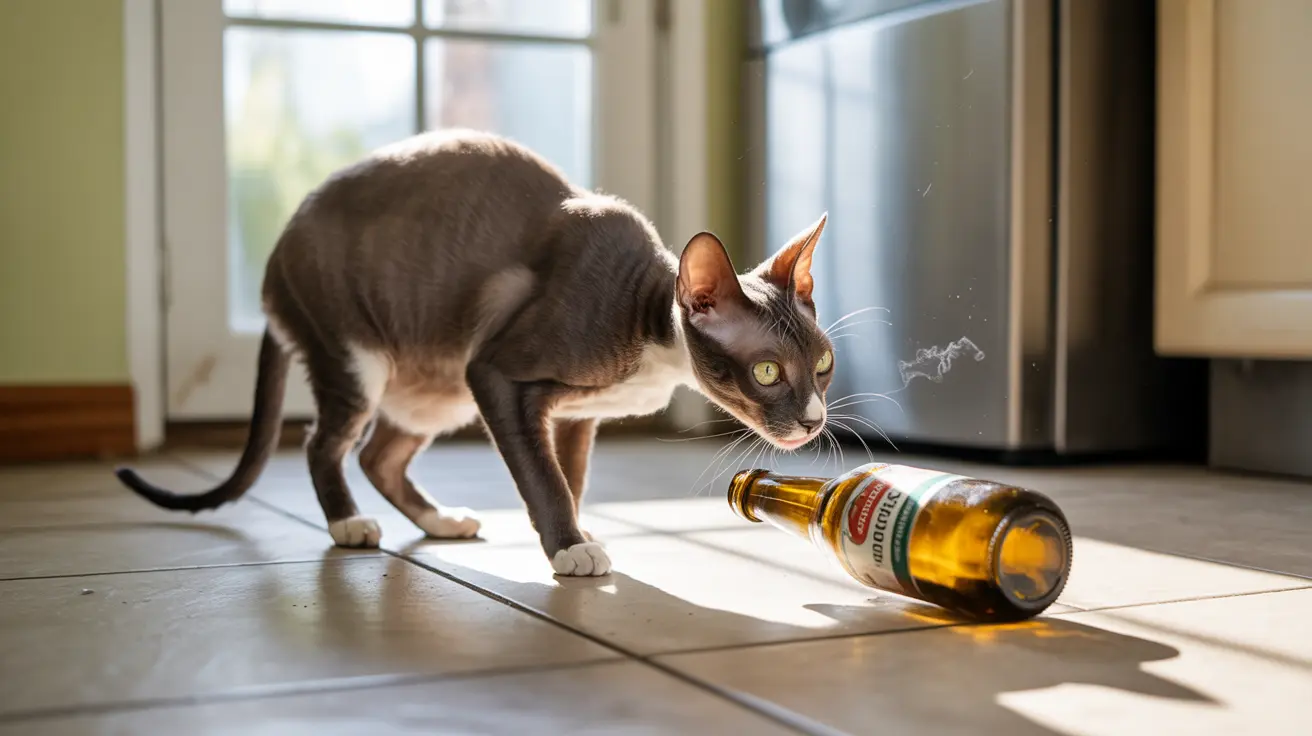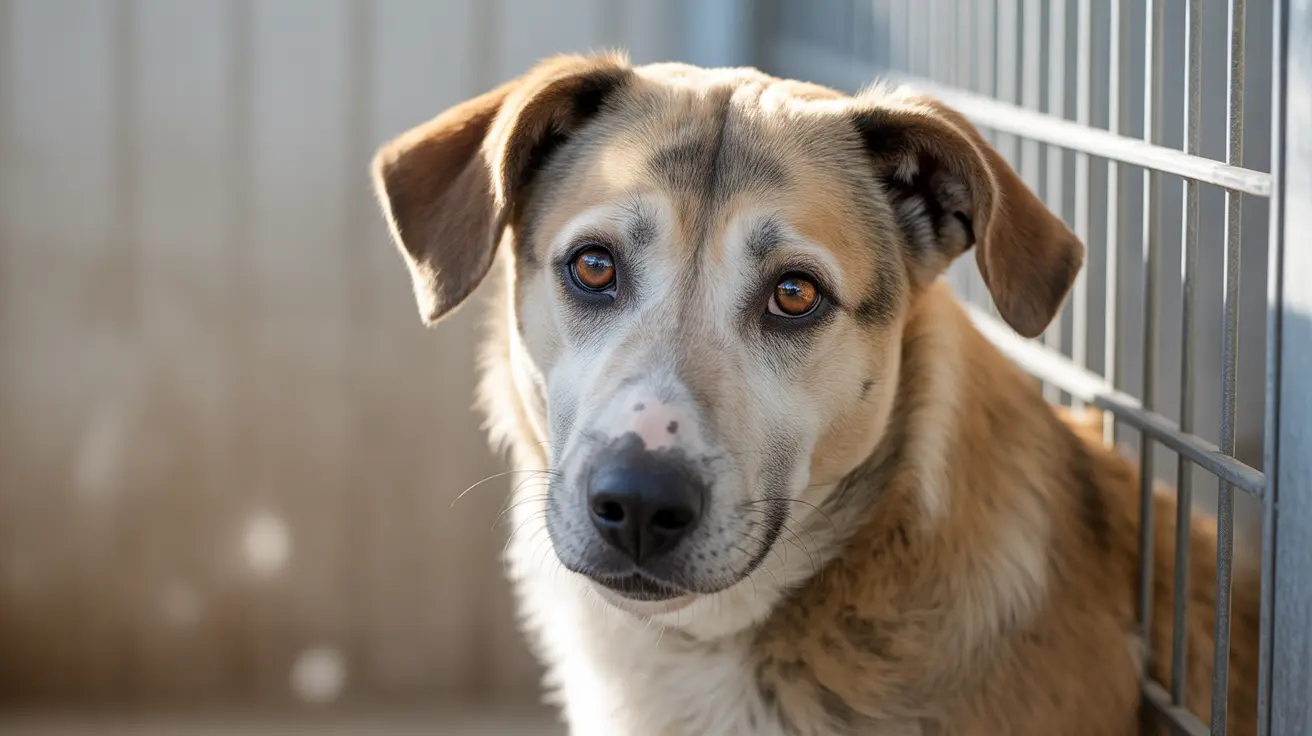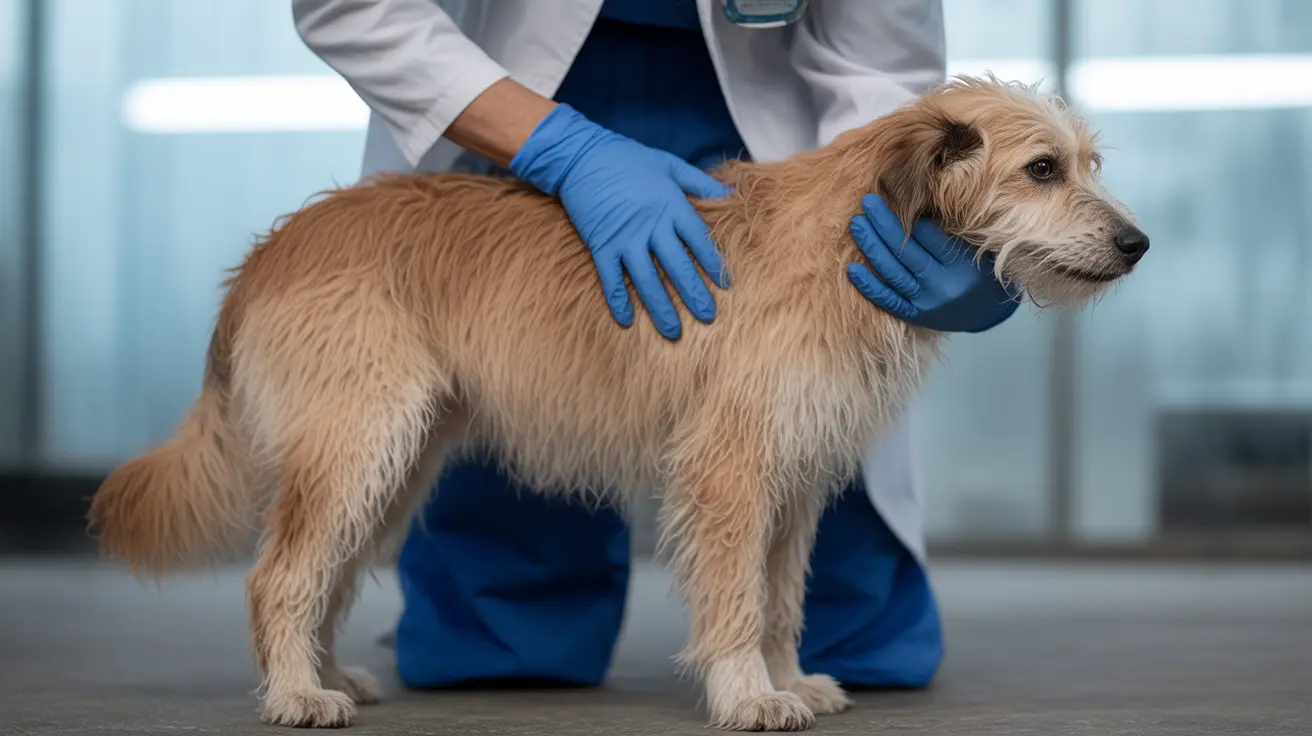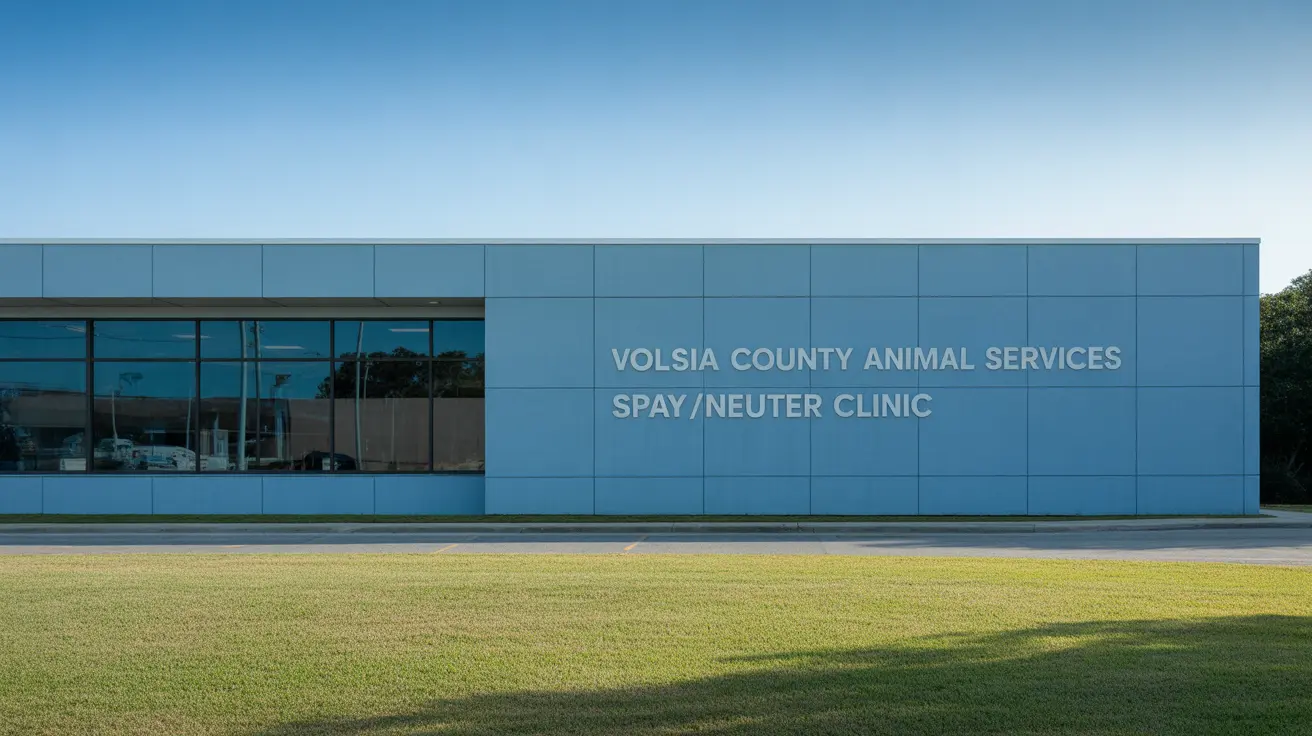As a cat owner, you may have wondered about the effects of alcohol on your feline friend. The reality is stark: cats drinking beer or any alcoholic beverage can lead to severe, potentially fatal consequences. Even small amounts of alcohol can cause serious harm to your cat's health, making it crucial to understand the risks and prevention measures.
In this comprehensive guide, we'll explore why beer and other alcoholic beverages are dangerous for cats, the symptoms of alcohol poisoning, and what to do in case of accidental ingestion. This information could literally save your cat's life.
Understanding Alcohol Toxicity in Cats
Cats are extremely sensitive to alcohol, with their small body size and unique metabolism making them particularly vulnerable to ethanol toxicity. Even a few laps of beer can trigger severe reactions, as cats process alcohol differently than humans do.
The danger isn't limited to just ethanol - beer contains hops, which can be separately toxic to cats, potentially causing dangerous increases in body temperature and heart rate.
Immediate Effects of Beer on Cats
When a cat consumes beer, the effects can begin showing within 30-60 minutes. The alcohol rapidly absorbs through their gastrointestinal tract, quickly entering their bloodstream and affecting multiple organ systems.
Common Symptoms Include:
- Disorientation and stumbling
- Vomiting and diarrhea
- Lethargy or extreme drowsiness
- Difficulty breathing
- Tremors or seizures
- Loss of consciousness
Long-term Health Impacts
Beyond immediate effects, alcohol consumption can cause lasting damage to your cat's vital organs. The liver and kidneys are particularly vulnerable, as they must work overtime to process and eliminate the toxic substance.
Repeated exposure, even in small amounts, can lead to chronic organ dysfunction and potentially shortened lifespan.
Emergency Response and Treatment
If you suspect your cat has consumed beer or any alcoholic beverage, immediate veterinary care is crucial. Don't wait for symptoms to appear or worsen - prompt treatment can mean the difference between life and death.
Emergency Steps:
- Contact your veterinarian immediately
- Note the type and amount of alcohol consumed
- Document when the ingestion occurred
- Watch for and record any symptoms
Prevention Is Key
The best way to protect your cat from alcohol poisoning is through careful prevention. Keep all alcoholic beverages securely stored and clean up spills immediately. Never leave drinks unattended where your cat might access them.
Frequently Asked Questions
What happens if my cat accidentally drinks beer or another alcoholic beverage?
If your cat drinks beer or alcohol, they can quickly develop symptoms including disorientation, vomiting, and difficulty breathing. This is a medical emergency requiring immediate veterinary care. The severity depends on the amount consumed and the cat's size, but even small amounts can be dangerous.
How much beer is dangerous for a cat, and what are the symptoms of alcohol poisoning I should watch for?
Any amount of beer is dangerous for cats. Even a teaspoon can cause toxic effects. Watch for symptoms like stumbling, vomiting, lethargy, irregular breathing, tremors, and loss of consciousness. These signs can appear within 30-60 minutes of consumption.
What should I do immediately if my cat has ingested beer or alcohol—can I treat it at home or is a vet visit always necessary?
A veterinary visit is always necessary if your cat ingests alcohol. There's no safe home treatment for alcohol poisoning in cats. Contact your vet immediately and be prepared for emergency supportive care, which may include IV fluids and monitoring.
Are certain types of alcoholic drinks (like beer, wine, or spirits) less dangerous for cats, or are they all equally toxic?
All alcoholic beverages are dangerous for cats. None are safe. Beer has the additional risk of hop toxicity, but wine and spirits are equally dangerous due to their alcohol content. The higher alcohol concentration in spirits can make them even more hazardous.
Besides beer, what common household products contain alcohol and could also poison my cat?
Many household items contain dangerous alcohols, including mouthwash, hand sanitizers, cleaning products, and some medications. Additionally, raw bread dough can produce alcohol through fermentation. Keep all these products safely away from your cat.
Conclusion
Cats and beer should never mix. The risks of alcohol toxicity are severe and potentially fatal. As responsible pet owners, it's our duty to protect our feline companions from these dangers through vigilant prevention and immediate action if exposure occurs. Remember, when it comes to cats and alcohol, there is no safe amount – not even a taste.






